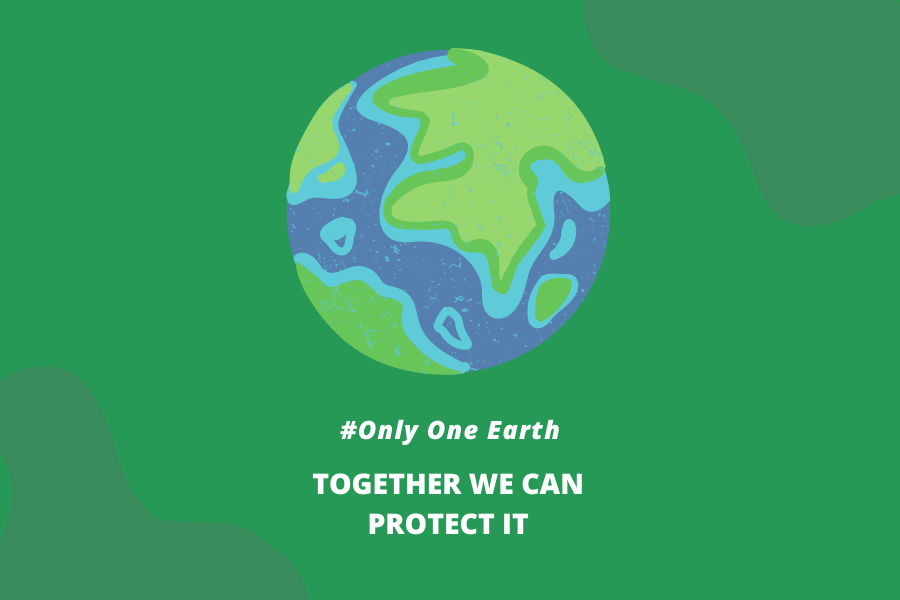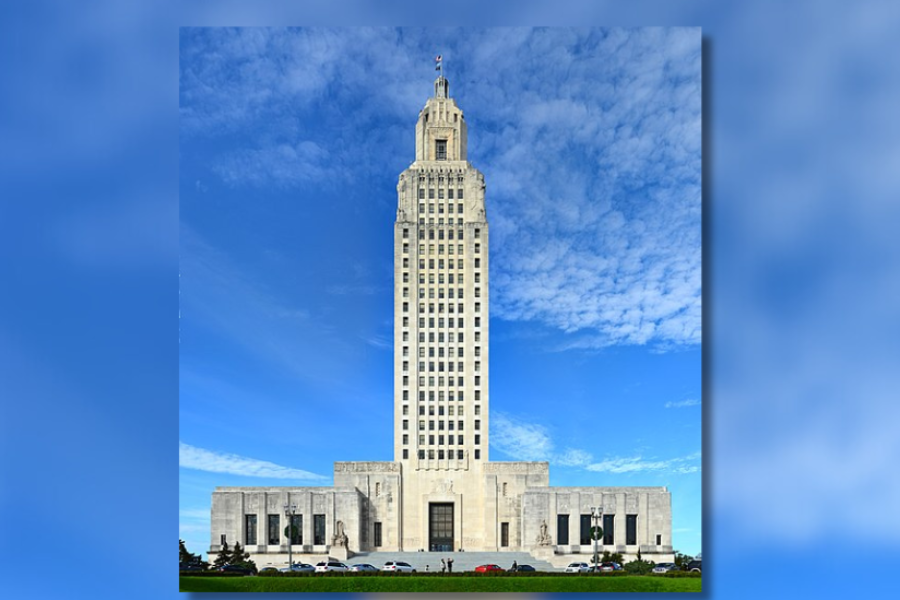The extreme weather conditions that have become more and more common around the world can’t be waved away as “just summer weather” or “normal weather.” The Fourth of July and the following days have been the hottest days on record for the summer.
Wildfires have broken out in a number of countries recently, including Canada and Spain, due to unusually hot weather. In 2022, nearly 500 fires in Spain burned down 660,000 acres of land, and currently, Canada has lost more than 11.6 million acres. The smoke from the Canadian wildfires traveled toward the northern United States, causing poor air quality in surrounding states like New York.
The level of particulate matter in the air makes it hazardous to breathe in states in the Mid-Atlantic region and the southern states.
Wildfire smoke has drifted toward much of northern and southeast Louisiana, including New Orleans, Baton Rouge, Lake Charles and Monroe. The air quality is expected to reach orange-level air pollution, which is hazardous for people with respiratory diseases and the elderly.
The global temperature has continued to rise and will reach record levels in the next five years due to the increase of greenhouse gases in the atmosphere. The hotter temperatures can also lead to tropical storms and hurricanes becoming even more of a common occurrence.
No longer can we turn a blind eye to the worsening environmental conditions we are witnessing today.
“There is a 66% likelihood that the annual average near-surface global temperature between 2023 and 2027 will be more than 1.5°C above pre-industrial levels for at least one year. There is a 98% likelihood that at least one of the next five years, and the five-year period as a whole, will be the warmest on record,” the World Meteorological Organization (WMO) said.
The effects of climate change have quickly become irreversible, primarily due to human activity. The atmospheric CO2 levels for the year reached an average of 424 ppm (parts per million) in May. Some of these activities include manufacturing, forestry and transportation, burning oil, coal and natural gas.
People have argued humans aren’t entirely responsible for the changes happening to the planet, noting how natural occurrences, including volcanic eruptions, solar radiation and tectonic shifts, contribute to climate change. While these elements do play a role in climate change, we have to realize humans burning fossil fuels contributes to the greenhouse gasses released into the atmosphere.
Scientists and climate activists agree that immediate action is the only way to improve the odds of keeping further damage at bay.
“The longer we delay in mitigating climate change, the narrower our options become. As the latest report notes, we will need concerted global efforts to both mitigate the problem and adapt,” Hans Bruynickx, European Environment Agency (EEA) Executive Director, said.
Individuals can obviously make small changes in their daily lives, including reducing food waste, recycling, supporting companies that prioritize sustainability and reducing plastic usage, but as far as real, overarching change is concerned, the industries that produce the majority of greenhouse gasses bear most of the responsibility to undo their damage.














